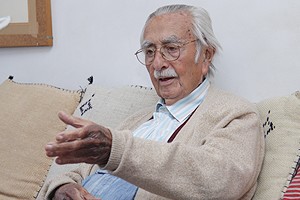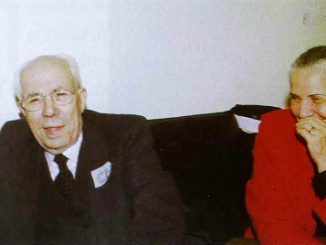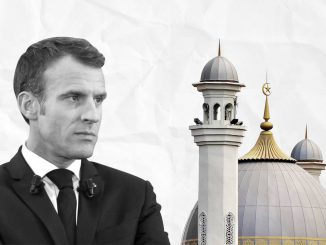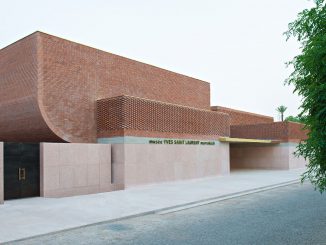
Edmond Amran El Maleh was born on 30 March 1917 in Safi and died on 15 November 2010 in Rabat. He remained faithful and passionate about Morocco. Edmond said: “I am a Moroccan Jew, and not a Jewish Moroccan, I carry my country Morocco wherever I go. U+00bb
Originally from the Amazigh tribe of Aït Amran, in south of the Atlas Mountains, he was a teacher, writer and journalist. His family lived for many years in Essaouira, the city where he grew up, stayed for a long time, wrote his main literary works and asked to be buried, eventhough he spent his life traveling between several other cities such as Safi, Casablanca, Rabat and Paris.
Edmond Amran El Maleh, or “El Haj”, as his friends and relatives called him, was one of the founders of the Moroccan Communist Party and one of its main leaders. He became known for his fight on behalf of workers and peasants. This struggle was reflected in his writings and journalistic reports published under the pseudonym Issa El Abdi. But he turned away from politics in 1959 and immigrated to France, where he worked in many journalistic bodies, including Le Monde. He also worked as a professor of philosophy, before returning to Morocco in the late 1990s to settle there until his death at the age of 99.
The long years of exile did not affect Edmond El Maleh’s attachment to his country of origin, his concerns and problems. He fought for his independence and chose to stay in Morocco, while a large number of Moroccan Jews emigrated to Israel.
Edmon Amran El Maleh came to literary literature late, at the age of 63 exactly. He has always claimed to have entered the world of writing by chance. But this did not prevent the British newspaper The Independent from nicknaming him “the Moroccan James Joyce”.
In his writings, translated into several languages, he defended universal values including justice and equality and left behind many works such as: Le café bleu. Zrirek; Mille ans, un jour; Le Retour d’Abou El Haki; Jean Genet, Le Captif amoureux and other essays; Essaouira Cité heureuse; etc.




Be the first to comment